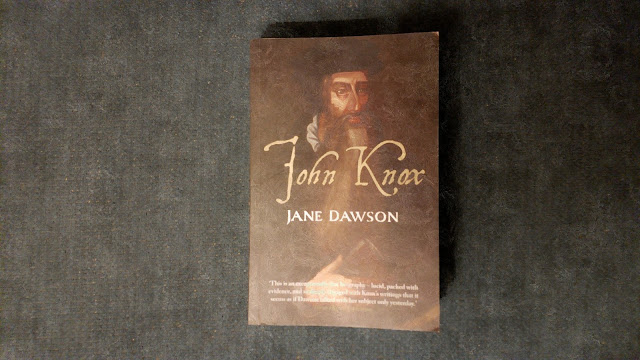Meanwhile, back at the ranch…

…or, Something to keep you busy over the weekend… …or, The Past Fortnight in the Theoblogosphere. It’s been so, so, so much longer than a fortnight since the last link post - way back in…August. *sighs* Lots has happened since then, obviously. Including Theology Beer Camp and ARR/SBL in Denver . And so on. For instance, we’ve also seen the shuttering of Faith and Theology , long a premier online theological contributor. One hopes that Ben will change his mind, or at least throw up the odd post from time to time, but at present things don’t sound to hopeful in that regard. In any case, it certainly makes one think. In more cheerful news, DET’s own Scott Jackson published a piece on Oscar Romero’s Political Theology over at The Christian Century , reviewing a recent book. That’s worthy of some celebration, in my humble opinion. Well done, Scott! Princeton Theological Seminary has posted a lot of information regarding the role of slaves and slavery in its institutional ...




